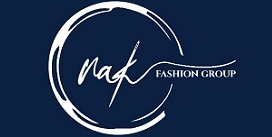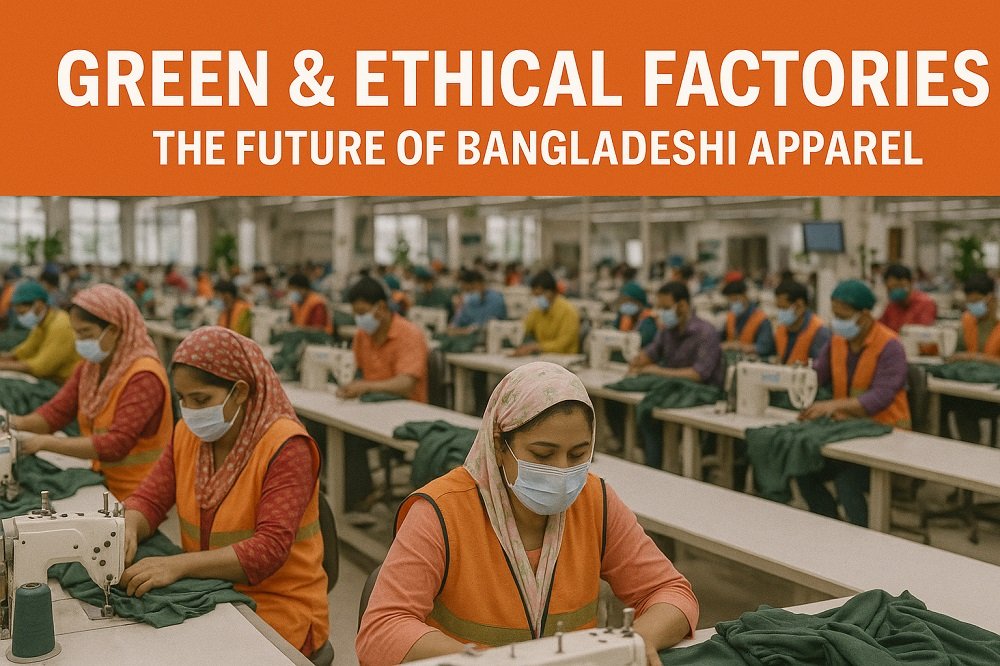Blog
Green & Ethical Factories: The Future of Bangladeshi Apparel
Green & Ethical Factories: The Future of Bangladeshi Apparel
The Bangladeshi apparel industry, a global powerhouse in garment manufacturing, is undergoing a transformative shift toward green and ethical factories. As sustainability and worker welfare take center stage worldwide, Bangladesh is redefining its apparel sector to meet these demands, making it a leader in eco-friendly and socially responsible production. Discover how green factories and ethical practices are shaping the future of Bangladeshi apparel and why this matters for global fashion.
Why Green and Ethical Factories Matter
The apparel industry in Bangladesh employs over 4 million workers and contributes 16% to the nation’s GDP, making it a vital economic driver. However, past challenges like environmental pollution and unsafe working conditions, highlighted by the 2013 Rana Plaza tragedy, have spurred change. Today, global consumers and brands like H&M, Zara, and Nike demand sustainable fashion and ethical supply chains. Green and ethical factories are the answer, offering eco-friendly production and fair labor practices that align with international standards.
The Rise of Green Factories in Bangladesh
Green factories are revolutionizing apparel production with sustainable practices. These facilities prioritize:
- Energy Efficiency: Using solar panels and LED lighting to cut energy use by up to 30%.
- Water Conservation: Recycling 80% of water through advanced treatment systems.
- Waste Reduction: Implementing zero-waste policies and eco-friendly materials.
Over 200 Bangladeshi factories have earned LEED certification, with 67 achieving Platinum or Gold status, according to the Bangladesh Garment Manufacturers and Exporters Association (BGMEA). Companies like DBL Group lead the way with LEED Platinum-certified factories that reduce environmental impact while lowering costs. The government’s renewable energy goals, targeting 40% by 2041, further support this green revolution.
Ethical Practices: Empowering Workers
Ethical factories prioritize worker welfare, ensuring safe and fair workplaces. Key initiatives include:
- Improved Safety: Post-Rana Plaza, the Accord on Fire and Building Safety introduced stricter regulations, including fire exits and regular audits.
- Better Wages: The minimum wage for garment workers rose to BDT 12,500 ($105) in 2023, with ongoing efforts for a living wage.
- Worker Empowerment: Factories like Team Group offer daycare, healthcare, and skill training, boosting productivity and morale.
Compliance with International Labour Organization (ILO) standards and fair trade certifications ensures no child labor, fair hours, and safe conditions, attracting ethical brands worldwide.
Challenges and Opportunities for Sustainable Apparel
Transitioning to green and ethical factories comes with challenges. High initial costs for sustainable technology and limited financing can burden smaller manufacturers. Global brands often demand sustainability without sharing costs, impacting margins. However, the opportunities are vast:
- Cost Savings: Energy-efficient systems reduce long-term expenses.
- Market Advantage: Green certifications attract premium buyers and eco-conscious consumers.
- Global Competitiveness: Ethical practices enhance Bangladesh’s reputation, ensuring it stays ahead of competitors like Vietnam.
Initiatives like the Green Transformation Fund and partnerships with the IFC’s Partnership for Cleaner Textile (PaCT) provide financial and technical support to ease this transition.
Keywords: sustainable apparel challenges, green transformation fund, eco-friendly garment industry
The Future of Bangladeshi Apparel
The future of Bangladesh’s apparel industry lies in scaling sustainability and ethics. Key steps include:
- Renewable Energy: Expanding solar and wind power to meet global carbon goals.
- Automation and Upskilling: Balancing technology with job preservation through worker training.
- Supply Chain Transparency: Using blockchain for traceable, ethical production.
By embracing these changes, Bangladesh can remain a global apparel leader while building a sustainable, equitable future.
Why Choose Bangladeshi Apparel?
For brands and consumers, choosing Bangladeshi apparel means supporting a greener, fairer industry. Factories committed to sustainability and ethical practices deliver high-quality garments while protecting the planet and empowering workers. Explore how Bangladesh is setting the standard for sustainable fashion and join the movement.
Looking to partner with ethical garment factories in Bangladesh?
Nak Fashion & Textile Ltd. connects global buyers with certified, sustainable manufacturers across the country.

